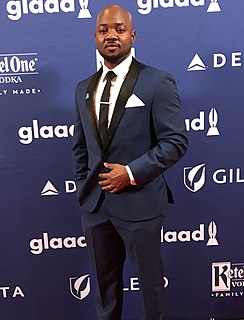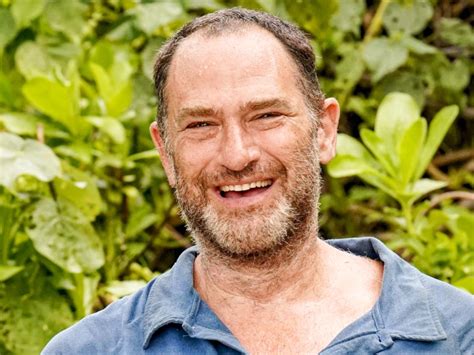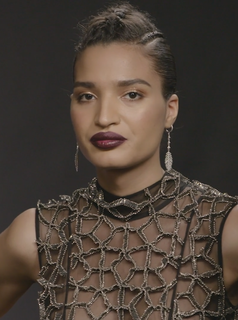A Quote by Brian Michael Smith
There's this belief sometimes from people who haven't lived the trans experience that's just like, 'You should tell everyone. You owe it to them.' But the truth is, you don't know how people are going to respond. And many people don't even have the language to talk about what their trans experience is, or what it could be.
Related Quotes
Trans voices are really underrepresented, and trans stories are really underrepresented, and when they are presented, they're often reductive. I was interested in putting a trans person and a trans narrative on stage that didn't fall into cliché, that thought a bit more deeply about the experience of being trans, and how those issues tie into things that we all experience. How we tell the story of our lives, versus what might have actually happened, and how we communicate to our former selves. All of those questions were really interesting to me.
Instead of focusing on what the law says about trans people, which is really what the law is saying about itself as a protector of trans people, we should be focused on what systems of law and administration do to trans people and our interventions should aim to dismantle harmful, violent systems such as criminal punishment and immigration enforcement.
When it comes to trans people, we have to acknowledge their humanity and their dignity and listen to their voices and celebrate their courage. So much of the legislation that's happening across the world right now is not about bathrooms. It's about whether or not trans people have the right to exist in public and that's horrible. So many of our leaders are making an effort to erase trans people from our society and that angers me so much. I want to do everything in my power to stop that.
Many in the trans community are fed up with L.G.B.T. organizations that continue to erase trans identity or just give lip service to trans issues. We need our cisgender allies - gay and straight - to treat transgender lives as if they matter, and trans people need multiple seats at the tables in the organizations that say they're interested in L.G.B.T. equality; this absence has been painful since Stonewall.
If you have a belief and you come against an experience which the belief says is not possible, or, the experience is such that you have to drop the belief, what are you going to choose — the belief or the experience? The tendency of the mind is to choose the belief, to forget about the experience. That’s how you have been missing many opportunities when God has knocked at your door.
One particular debate that I have seen play out again and again is whether trans people who have more traditional gender expressions or who "pass" more should be the ones who are represented. A recent advocacy guide focused on advocating around trans health care access produced by the largest trans advocacy organization in the US instructs readers that advocacy will be more successful if the message is delivered by people who pass as non-trans men and women.


























